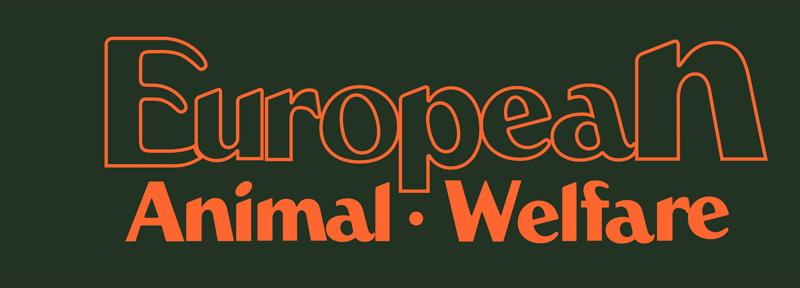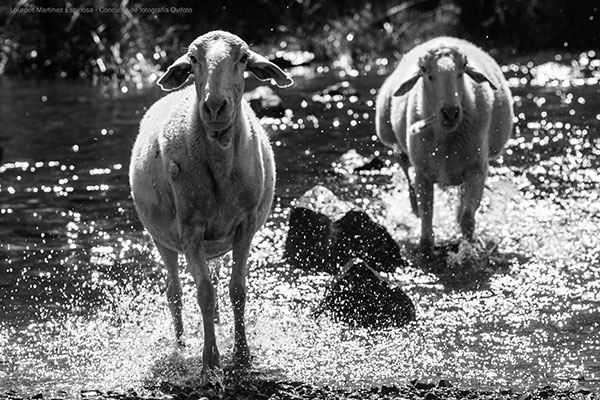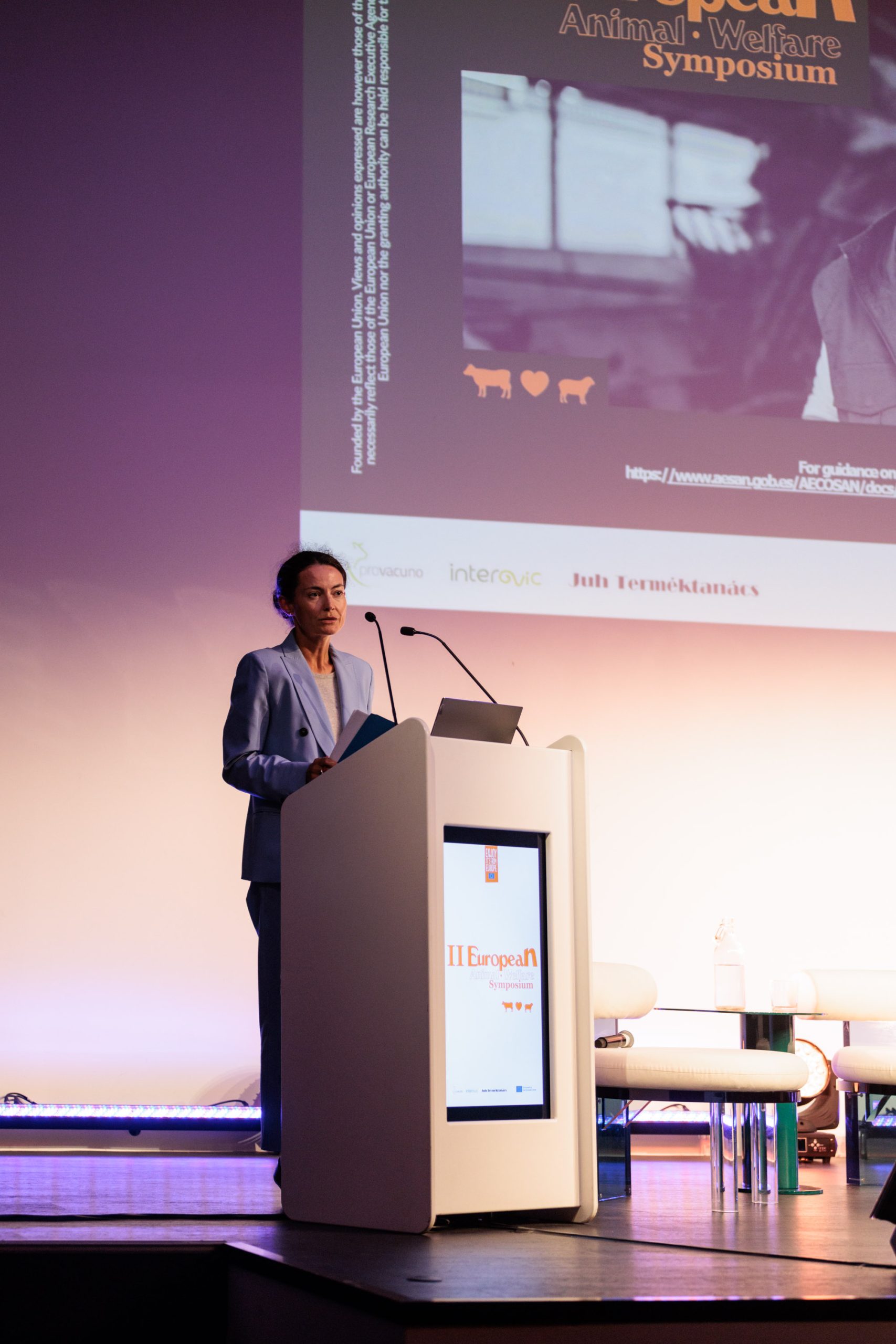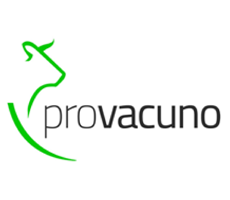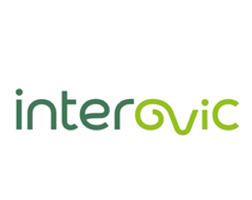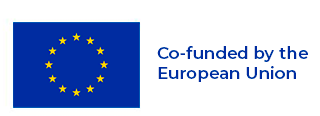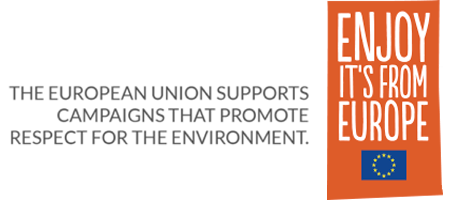Certification is a standard procedure by which a body gives written assurance that a product, process or service conforms to specified requirements. In this way, certification seals have become an indispensable tool for consumers who want to have guarantees and reliability about the promises a product makes to them.
But some things may seem to be the same thing, but they are not the same thing at all. Thus, an accredited certification is, yes or yes, evaluated in an audit by ENAC, so it has an additional guarantee that gives it the official accreditation. However, in certifications that have NOT been accredited, the reliability is unknown.
Just as a country can only have one president, so it is the same with accreditation bodies: it can only have one.
A National Accreditation Body is an entity recognised by international legislation as responsible for assessing and recognising the conformity of assessing bodies: certification bodies, testing laboratories, calibration laboratories, inspection entities, etc. Each country has designated its own. In the case of Spain, the National Accreditation Body is ENAC.
The National Accreditation Bodies are the entities in charge of evaluating, by means of the corresponding audits, the bodies that assess conformity (laboratories, inspection, certification and verification or validation bodies, among others) and, in this way, guarantee that they are technically competent.
This is why not all certifications are equal and do not offer the same guarantees and reliability. Only those certifications that have been accredited by a National Accreditation Body, such as ENAC, have the additional guarantee offered by accreditation.
In this way, accredited certification becomes a maximum guarantee of reliability for the consumer thanks to the fact that the entity that endorses the certification is accountable for its work to ENAC. Thus, during the accredited certification process, both the commitments that the product acquires through certification and the certification process itself are evaluated and verified, as well as the entity that carries out the certification process.
Animal welfare of ruminants, an unavoidable commitment.
The Spanish beef interprofessionals, Provacuno, and the Spanish and Hungarian sheep and goat interprofessionals, Interovic and JTT, consider the animal welfare of ruminants to be «an unavoidable commitment», which is why they encourage farmers to opt for accredited animal welfare certificates based on scientific criteria that are traceable and reproducible over time.

Only in this way will consumers be able to have full guarantees and reliability that the products they consume have truly been produced with the utmost respect and care for animals.
In this sense, Javier López, director of Provacuno, considers that «accredited certificates are the only ones that are reliable for the consumer because behind them is a National Accreditation Body (ENAC) that acts as a guarantor of reliability, transparency and independence during the certification process».
For his part, Tomás Rodríguez, coordinator of Interovic, explains that «another of the key aspects for generating consumer confidence is that certification is based on scientific criteria that are traceable, measurable and reproducible over time, the only way for the consumer to have full confidence that animal welfare is demonstrable».
What are national accreditation bodies for and why would it be a jungle without them?
- They have an international character and are coordinated through the International Accreditation Forum (IAF).
- They make it possible to homogenise evaluation criteria internationally, applying requirements established in ISO standards.
- They guarantee the independence and rigour of the assessment bodies (certification bodies, testing laboratories, calibration laboratories, inspection bodies, etc.).
- Each country has its own. In the case of Spain, the National Accreditation Body is ENAC.
When accredited certification also becomes a tool for improving profitability and productivity.
Accredited certification involves the implementation of a process on the farm that requires the recording of data and indicators. This daily monitoring provides farmers with a control and traceability system that allows them to analyse the information in order to guarantee animal welfare and continuous improvement.
In this way, the accredited certification process is not only a guarantor of animal welfare, but also a valuable tool for improving the profitability of farms.
For Sandor Kukovic, coordinator of the Hungarian sheep and goat interprofessional JTT, «a farm is a business that has to generate profitability and that depends first and foremost on the health and welfare of the animals. A healthy and well-functioning animal produces more and better than an unhealthy one. But beyond that, the recording of monitoring data that accredited certification obliges you to do allows the farmer to implement on-site technological and operational improvements that not only have a direct and positive impact on animal welfare, but also lead to improved profitability and lower costs».
